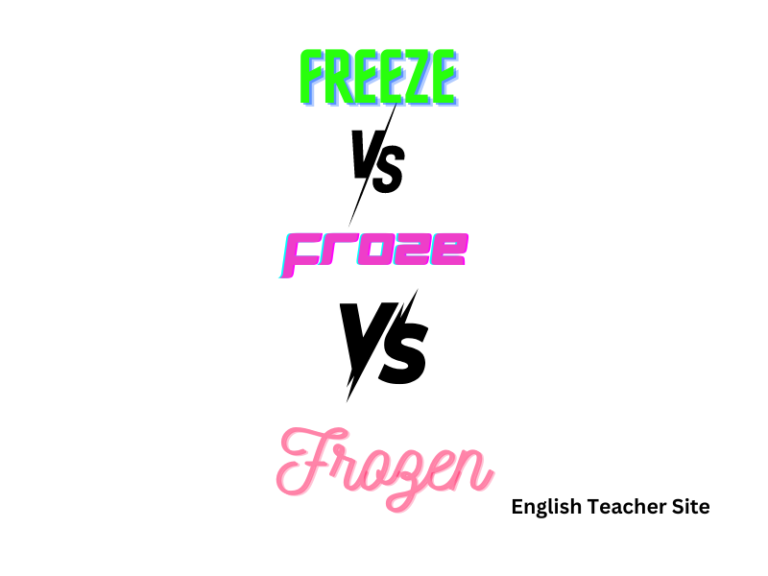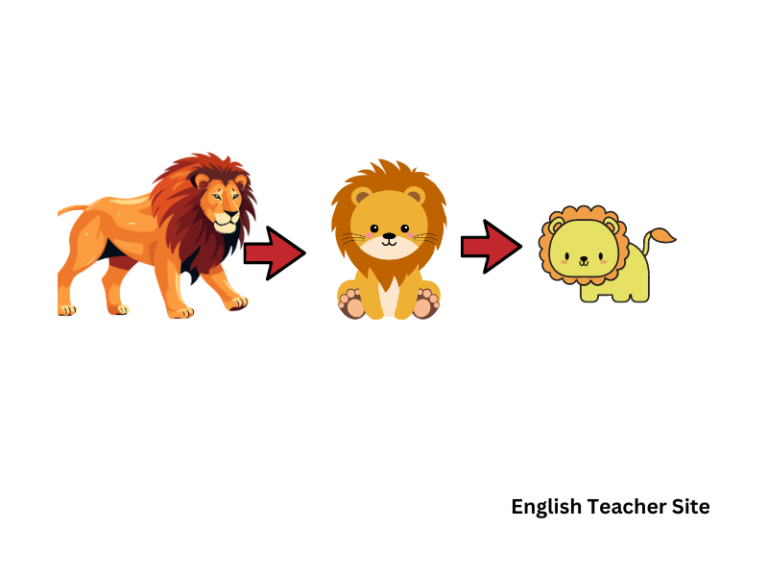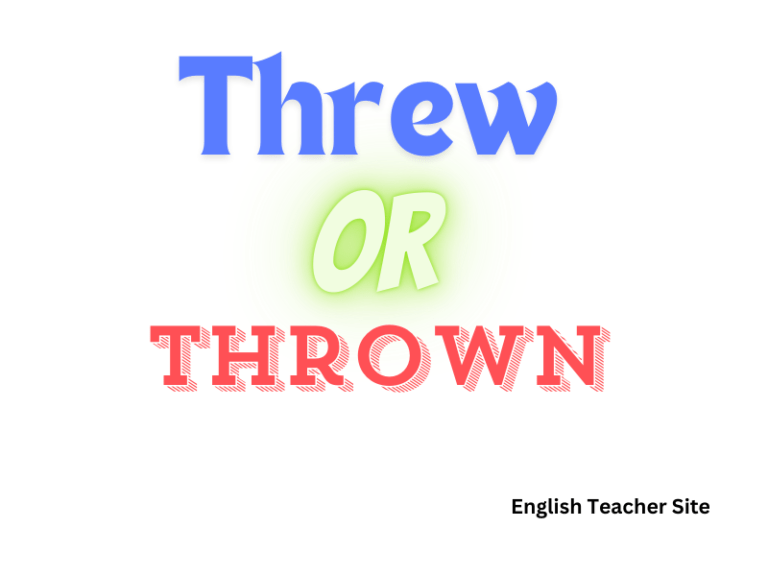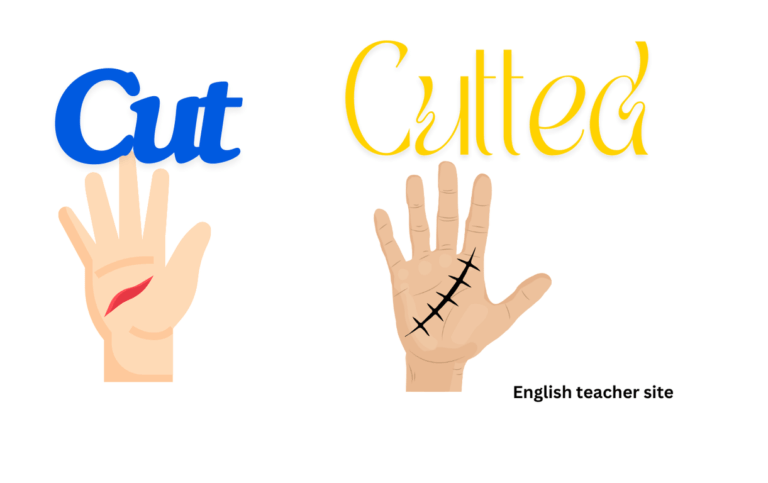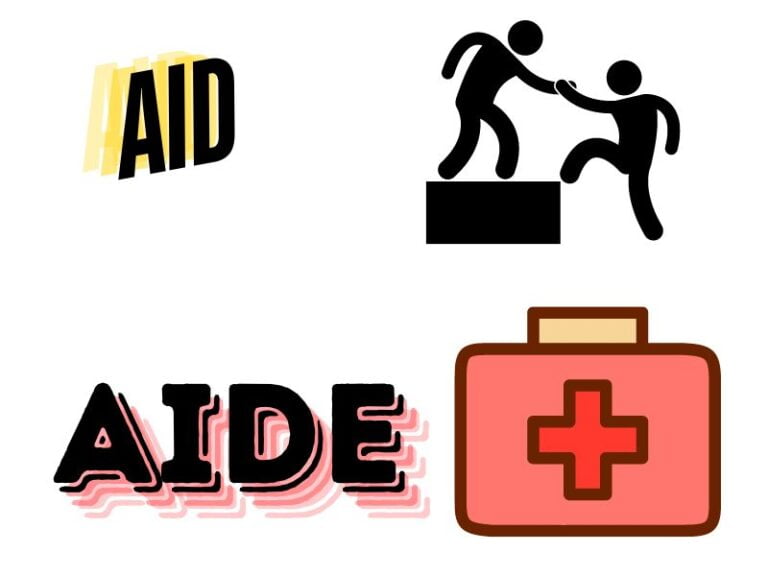What’s the Past Tense of Sleep: Sleep or Slept – Understanding Correct Usage
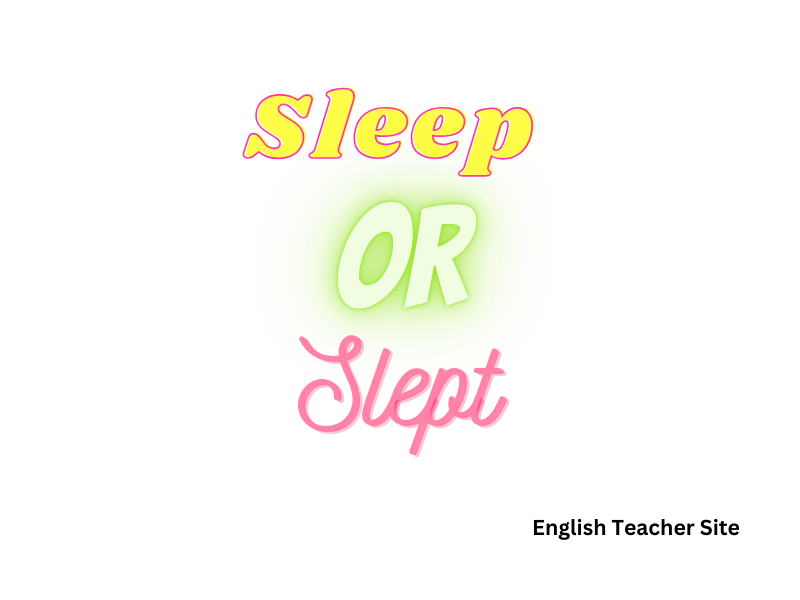
- “Slept” is the correct past tense and past participle form of “sleep,” not “sleeped”.
- Recognizing whether a verb is irregular, like “sleep,” helps in using the correct past tense forms.
- Examples and usage in sentences aid in understanding the conjugation of irregular verbs like “sleep.”
One common point of confusion arises with the past tense of the verb “sleep.” While some may mistakenly produce forms like “sleeped,” the correct past tense is, in fact, “slept.” This verb falls into the category of irregular verbs, which means it does not follow the standard patterns of tense changes that regular verbs do.
What’s the Past Tense of Sleep: Sleep or Slept?
When it comes to the verb “sleep,” there is often confusion over its past tense form. The correct past tense of “sleep” is “slept”, not “sleeped.”
In the simplest form, the verb tenses for “sleep” can be categorized as follows:
Present and Past Tenses of Sleep
| Tense | Verb Form |
|---|---|
| Present tense | sleep |
| Past tense | slept |
| Future tense | will sleep |
Participle Forms of Sleep
| Tense | Verb Form |
|---|---|
| Present participle | sleeping |
| Past participle | slept |
It is also informative to look at how “sleep” is used in sentences to better understand its conjugation:
- Present: They sleep for eight hours each night.
- Past: Yesterday, he slept through the alarm.
- Future: She will sleep on the plane tomorrow.
The past participle form, “slept,” is used in perfect tenses:
- He has slept for nine hours.
- They had slept before the storm hit.
It’s noteworthy that “slept” acts as both the simple past form and the past participle, a common trait among many irregular verbs in English. Regular verbs typically add “-ed” to the base to form the past tense, but that is not the case with “sleep.”
The distinction becomes more evident when structured in bullet points:
- Present Tense: “I sleep.”
- Past Tense: “I slept.”
- Past Participle: “I have slept.”
While “sleep” might sound like it should follow the regular verb pattern by adding “-ed” for its past forms, English is filled with exceptions, and “slept” is the correct form to use when referring to events that have already taken place.
The Basics: Forms of Sleep in Grammar
The present tense form is straightforward:
- Present Simple: “I sleep”
Present participles and gerunds use the ‘-ing’ form:
- Present Participle/Gerund: “sleeping”
However, the past forms are where the irregularity becomes apparent:
Past Simple:
- “I slept”
Past Participle:
- “I have slept”
Here’s a quick reference table highlighting the contrast between regular and irregular past tense formation:
| Regular Verb (to call) | Past Simple | Past Participle |
|---|---|---|
| call | called | called |
| Irregular Verb (to sleep) | Past Simple | Past Participle |
|---|---|---|
| sleep | slept | slept |
Some examples include:
- “They slept through the night.”
- “She had slept before we arrived.”
While using the verb “sleep”, be sure to employ the correct tense. Common mistakes often occur when forming the past tense or past participle. Below is a list of the tense forms of “sleep” to help avoid frequent errors:
- Do not say: “I sleeped well last night.”
- Instead, say: “I slept well last night.”
- Do not say: “Have you sleeped enough?”
- Instead, say: “Have you slept enough?”
Delving into the Past Tense Forms: Sleep or Slept?
The verb “sleep” is an irregular verb, which means its past tense form doesn’t follow the standard pattern of adding “-ed” to the base form.
Below are two tables illustrating the right and wrong past tense of “sleep,” as well as examples in sentences.
Correct Usage:
| Base Form | Past Tense | Past Participle |
|---|---|---|
| sleep | slept | slept |
- Examples of correct usage in sentences:
- Last night, she slept for eight hours.
- They have slept poorly lately.
Incorrect Usage:
| Base Form | Incorrect Past Tense | Correct Past Tense |
|---|---|---|
| sleep | sleeped | slept |
- Examples of incorrect usage in sentences:
- Last night, she sleeped well. (Incorrect)
- He had sleeped for only a few hours. (Incorrect)
When learning irregular verbs, learners might find it helpful to use bullet points to remember the forms:
- Base form: sleep
- Simple past: slept
- Past participle: slept
Examples of Sleep in Present Tense (Sentence Examples)
Simple Present Tense
The simple present form of “sleep” represents a habitual or regular action. Here’s how it’s typically used:
- He sleeps eight hours every night.
- She sleeps with the window open.
- It sleeps in its kennel during the day.
- They sleep soundly in a quiet room.
Present Continuous Tense
For actions happening now or around the current moment, the present continuous form “sleeping” is appropriate:
- He is sleeping right now.
- She is sleeping on the sofa.
- The baby is sleeping peacefully in the crib.
- They are sleeping through the noise.
Present Perfect Tense
When the action has occurred at an unspecified time before now, the present perfect form “has/have slept” is used:
| Subject | Auxiliary Verb | Past Participle |
|---|---|---|
| He | has | slept |
| She | has | slept |
| It | has | slept |
| They | have | slept |
Examples:
- He has slept for three hours already.
- She hasn’t slept well lately.
- It has slept in different places each night.
- They have slept in multiple cities this month.
Present Perfect Continuous Tense
For an action that started in the past and is continuing into the present or just stopped, the form “has/have been sleeping” comes into play:
- He has been sleeping for a while.
- She has been sleeping since ten o’clock.
- The cat has been sleeping in the sun all afternoon.
- They have been sleeping more than usual this week.
Examples of Slept in Past Tense (Sentence Examples)
Simple Past Tense
| Subject | Sentence Example |
|---|---|
| He | He slept for eight hours last night. |
| She | She slept through the alarm this morning. |
| It | It slept in the cozy bed alongside its owner. |
| They | They slept under the stars during their camping trip. |
Past Perfect Tense
- She had slept by the time we arrived at her house.
- They had already slept when the news broke out.
Past Continuous Tense
- He was sleeping when the phone rang.
- They were sleeping despite the noise from the party next door.
Past Perfect Continuous Tense
- She had been sleeping for an hour when I called.
- They had been sleeping for only a few minutes before the storm started.
Examples of Slept as a Past Participle
When using “slept” as a past participle in the English language, it often appears in perfect tense constructions. The past participle form of a verb is utilized when constructing the present perfect, past perfect, and future perfect tenses. These tenses generally denote actions that have been completed in relation to another point in time. Here are examples demonstrating the use of “slept” in various perfect tenses:
Present Perfect Tense
In the present perfect tense, “slept” is combined with a form of the auxiliary verb “have”. Here’s how it is structured:
| Subject | Auxiliary Verb | Past Participle |
|---|---|---|
| She | has | slept |
| They | have | slept |
- Examples:
- She has slept for eight hours.
- They have never slept under the stars.
Past Perfect Tense
The past perfect tense is employed to discuss an action completed before another action in the past. The structure includes “had” plus the past participle.
| Subject | Auxiliary Verb | Past Participle |
|---|---|---|
| He | had | slept |
| We | had | slept |
- Examples:
- He had slept through the alarm when I called.
- By the time the movie started, we had already slept.
Future Perfect Tense
The future perfect tense is less common but is used to discuss an action that will be completed before a specified time in the future, using “will have” and the past participle.
| Subject | Future Auxiliary | Auxiliary Verb | Past Participle |
|---|---|---|---|
| It | will | have | slept |
| They | will | have | slept |
- Examples:
- It will have slept through the entire road trip.
- By tomorrow morning, they will have slept for ten hours.
In these constructions, “slept” functions as a non-finite verb form that modifies or provides more information about the main verb. This use of “slept” exemplifies its role as a past participle needed in the formation of various perfect tenses.
Origin of the Word Sleep
In the Old English language, the verb “sleep” was “slæpan,” which carried the meaning to be in a state of rest or inactivity. It is a strong verb that has transformed in its journey through languages and periods.
Proto-Germanic Roots:
- The word “sleep” comes from the Proto-Germanic *slēpanan.
- Its cognates include Dutch slapen and German schlafen.
Evolution Across Languages:
Here’s how the term evolved across a few different languages:
| Language | Word for Sleep |
|---|---|
| Old Saxon | slapan |
| Old Frisian | slepa |
| Middle Dutch | slapen |
| Old High German | slafen |
| Gothic | slepan |
Indo-European Origins:
The Proto-Germanic term itself traces back to the Proto-Indo-European root *sleb-, which also related to the concept of being lax or slack, arguably connected to the idea of loosening of consciousness that comes with sleep.
Linguistic Changes:
- The past tense of sleep, slept, originally took the form “slep” in Middle English.
- The past participle was “slæpen,” which has since evolved to slept as well.
Sources
- Etymology online, origin of sleep
My name is Khamis Maiouf. I am the creator of the English Teacher Site, dedicated to providing valuable resources and insights for students around the world. With a passion for education and a commitment to helping students enhance their skills, I aim to make English teaching more effective and enjoyable for both educators and students.

